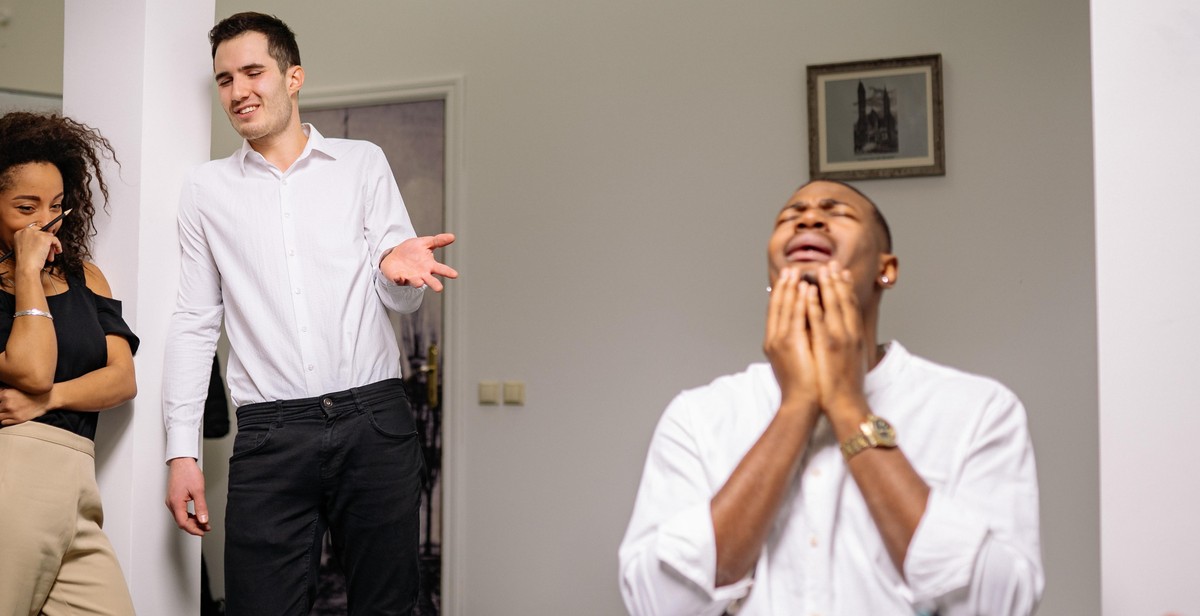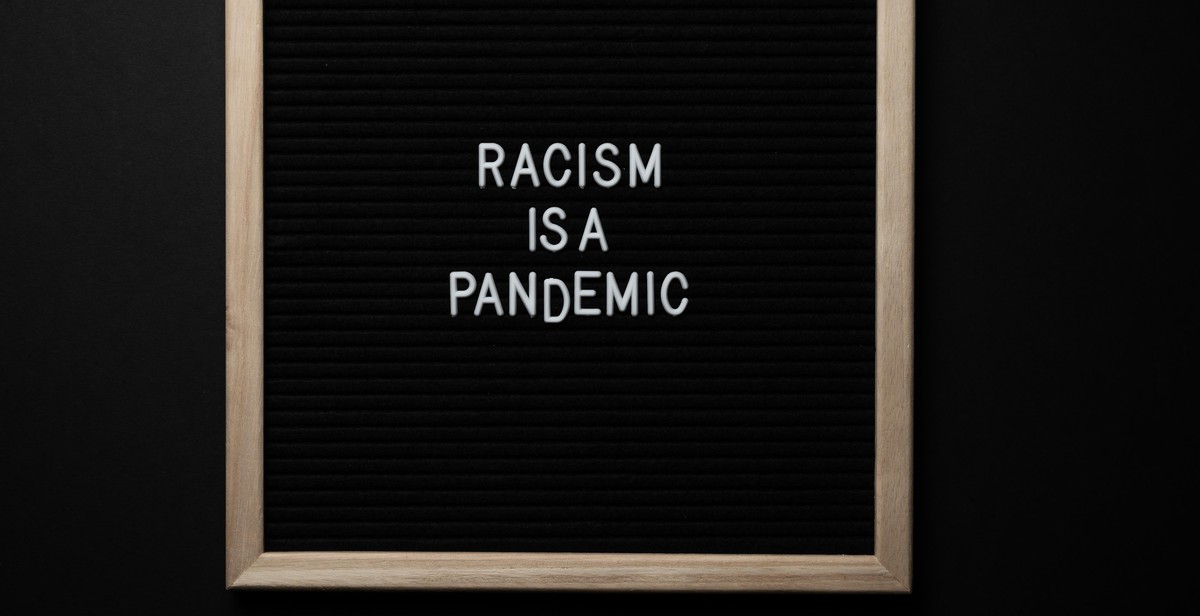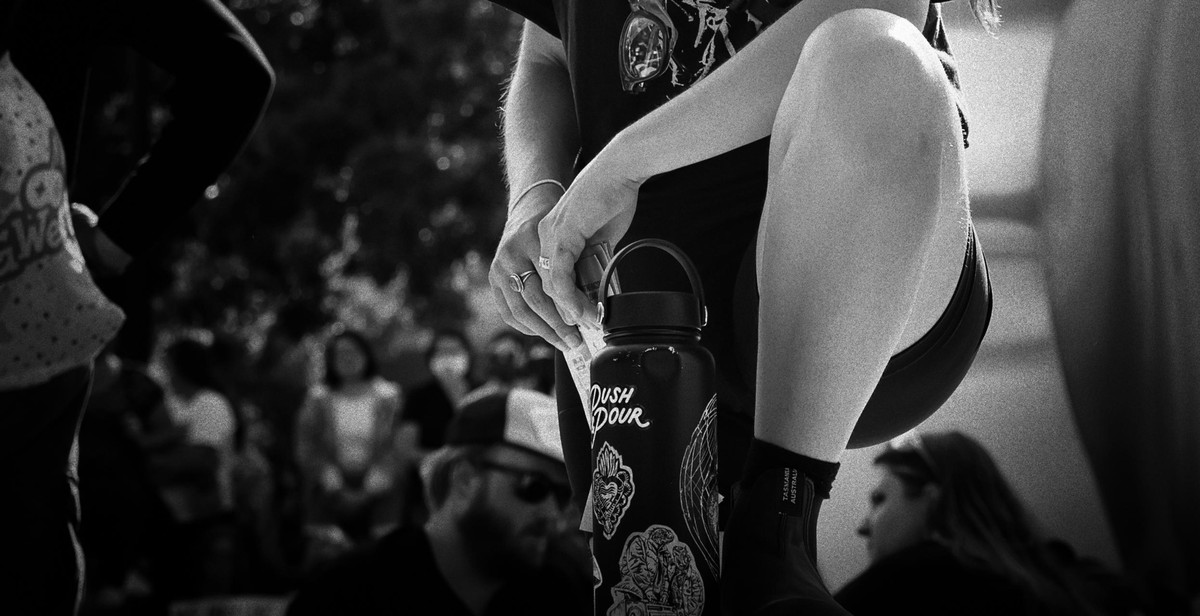How to Manage Social Anxiety and Feel More Confident in Social Situations
Social anxiety is a common condition that can affect people of all ages and backgrounds. It is characterized by intense fear, nervousness, and discomfort in social situations, which can make it challenging to interact with others and enjoy social activities. However, there are ways to manage social anxiety and feel more confident in social situations.
Understanding Social Anxiety
Social anxiety is a type of anxiety disorder that is triggered by social situations. People with social anxiety may be afraid of being judged, evaluated, or rejected by others, which can cause them to avoid social situations or feel extremely anxious when they are in them. Social anxiety can be a debilitating condition that can impact a person’s quality of life, relationships, and career.
Managing Social Anxiety
There are several strategies that can be used to manage social anxiety. These include cognitive-behavioral therapy, medication, and self-help techniques. Cognitive-behavioral therapy is a type of therapy that helps people change their negative thoughts and beliefs about social situations. Medication can also be used to manage social anxiety, although it should only be used under the guidance of a healthcare professional.
Self-help techniques, such as deep breathing, visualization, and mindfulness, can also be helpful in managing social anxiety. These techniques can help people relax and reduce their anxiety levels in social situations.
Conclusion
Managing social anxiety can be challenging, but it is possible with the right strategies and support. By understanding social anxiety, seeking professional help, and using self-help techniques, people with social anxiety can feel more confident and comfortable in social situations.

Understanding Social Anxiety
Social anxiety is a common mental health condition that affects millions of people worldwide. It is characterized by an intense fear of social situations and a persistent worry about being judged, criticized, or humiliated by others.
What is Social Anxiety?
Social anxiety, also known as social phobia, is a type of anxiety disorder that causes people to feel extremely self-conscious and uncomfortable in social situations. This can include anything from public speaking to attending social events or even just talking to strangers.
People with social anxiety often avoid social situations altogether, or they may endure them with great difficulty. This can have a significant impact on their daily lives, causing them to miss out on important opportunities and experiences.
Symptoms of Social Anxiety
The symptoms of social anxiety can vary from person to person, but they typically include:
- Intense fear or anxiety in social situations
- Difficulty making eye contact or speaking to others
- Physical symptoms such as sweating, trembling, or blushing
- Excessive self-consciousness or self-doubt
- Avoidance of social situations or activities
- Persistent worry about embarrassing or humiliating oneself in social situations
These symptoms can be very distressing and can significantly impact a person’s quality of life. If you suspect that you may have social anxiety, it’s important to seek help from a qualified mental health professional.

Causes of Social Anxiety
Social anxiety disorder, also known as social phobia, is a common mental health condition that affects millions of people worldwide. The condition is characterized by an intense fear of social situations and a persistent worry about being judged or scrutinized by others. While the exact causes of social anxiety disorder are not fully understood, several factors are believed to contribute to its development.
Genetic Factors
Studies have shown that social anxiety disorder can run in families, suggesting that genetic factors may play a role in its development. Research has identified specific genes that may contribute to social anxiety disorder, including those involved in regulating serotonin levels in the brain, which are known to affect mood and anxiety levels. However, genetics alone cannot fully explain the development of social anxiety disorder, and environmental factors are also believed to play a significant role.
Environmental Factors
Environmental factors such as childhood experiences, family dynamics, and cultural and societal influences can all contribute to the development of social anxiety disorder. For example, people who experienced trauma or abuse during childhood may be more likely to develop social anxiety disorder later in life. Similarly, individuals who grew up in families that were critical or overprotective may be more prone to social anxiety. Cultural and societal factors such as social pressure to conform to certain standards of behavior or appearance can also contribute to social anxiety disorder.
Additionally, certain life events such as job loss, divorce, or the death of a loved one can trigger or exacerbate social anxiety disorder.
Overall, social anxiety disorder is a complex condition that can be caused by a combination of genetic and environmental factors. Understanding the underlying causes of social anxiety disorder can help individuals better manage their symptoms and seek appropriate treatment.

Ways to Manage Social Anxiety
Social anxiety can be a debilitating condition that affects many people. It can lead to feelings of nervousness, fear, and discomfort in social situations. However, there are ways to manage social anxiety and feel more confident in social situations. Here are some tips:
1. Practice Relaxation Techniques
Relaxation techniques such as deep breathing, meditation, and yoga can help to reduce feelings of anxiety and promote a sense of calm. These techniques can be practiced on a daily basis to help manage social anxiety.
2. Challenge Negative Thoughts
One of the main causes of social anxiety is negative thinking. Challenging these negative thoughts and replacing them with positive ones can help to reduce anxiety and increase confidence. For example, instead of thinking “everyone will think I’m awkward,” try thinking “I am confident and capable.”
3. Face Your Fears
Avoiding social situations can actually make social anxiety worse. Facing your fears and gradually exposing yourself to social situations can help to reduce anxiety over time. Start with small steps, such as attending a social event with a friend, and work your way up to larger events.
4. Seek Professional Help
If social anxiety is interfering with your daily life, it may be helpful to seek professional help. A therapist can provide strategies to manage anxiety and help you overcome your fears.
5. Join a Support Group
Joining a support group can provide a sense of community and understanding. It can also provide an opportunity to practice social skills in a safe and supportive environment.
By implementing these strategies, individuals with social anxiety can learn to manage their anxiety and feel more confident in social situations.

Tips for Feeling More Confident in Social Situations
Social anxiety can be overwhelming, but there are ways to overcome it. Here are some tips to help you feel more confident in social situations:
1. Prepare Ahead of Time
One of the best ways to feel more confident in social situations is to be prepared. If you’re going to an event or meeting new people, take some time to research the event or the people you’ll be meeting. This can help you feel more at ease and give you something to talk about.
2. Focus on Your Strengths
Everyone has strengths and weaknesses. Instead of focusing on what you’re not good at, focus on what you’re great at. This can help boost your confidence and make you feel more comfortable in social situations.
3. Practice Active Listening
Instead of worrying about what to say next, focus on actively listening to the person you’re talking to. This can help you feel more engaged in the conversation and less anxious about what to say.
4. Be Yourself
One of the most important things you can do to feel more confident in social situations is to be yourself. Don’t try to be someone you’re not or pretend to be interested in something you’re not. Authenticity is key to building meaningful relationships.
- Prepare ahead of time
- Focus on your strengths
- Practice active listening
- Be yourself

Conclusion
Social anxiety is a common issue that affects many people around the world. It can make social situations feel overwhelming and cause individuals to avoid them altogether. However, there are various ways to manage social anxiety and feel more confident in social situations.
Recognize Your Triggers
The first step in managing social anxiety is to recognize your triggers. This could be anything from public speaking to attending social events. Once you identify your triggers, you can start working on ways to manage them.
Practice Mindfulness
Practicing mindfulness can help you stay present in the moment and reduce feelings of anxiety. Mindfulness techniques include deep breathing, meditation, and yoga.
Challenge Negative Thoughts
Negative thoughts can fuel social anxiety. It’s important to challenge these thoughts and replace them with positive affirmations. This can help you feel more confident and reduce anxiety in social situations.
Seek Professional Help
If social anxiety is severely impacting your daily life, it may be helpful to seek professional help. A therapist can work with you to develop coping strategies and provide support.
Final Thoughts
Managing social anxiety takes time and effort, but it’s possible. By recognizing your triggers, practicing mindfulness, challenging negative thoughts, and seeking professional help if necessary, you can feel more confident and comfortable in social situations.
| Keywords: | Social anxiety, manage, confident, triggers, mindfulness, negative thoughts, professional help, coping strategies |
|---|
